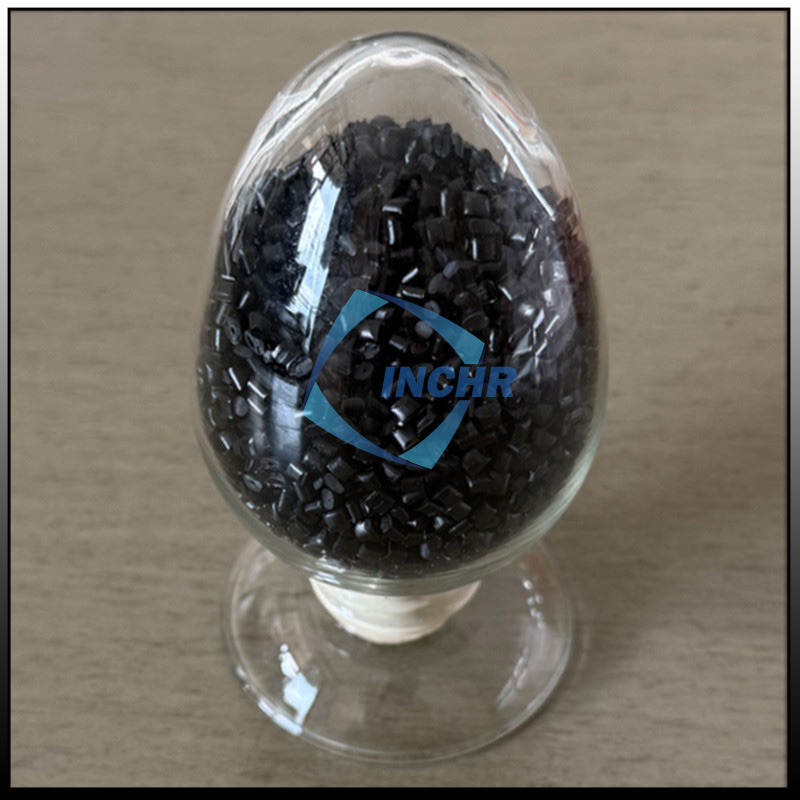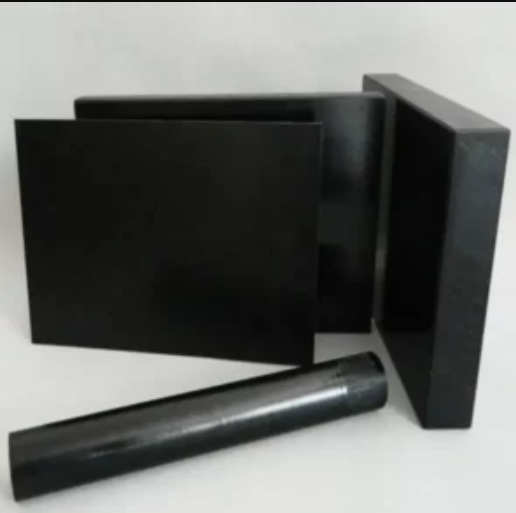What Makes Carbon Fiber Reinforced Nylon Special? A Deep Dive into Its Unique Advantages
In an era where material innovation drives industrial progress, carbon fiber reinforced nylon (CFR nylon) stands out as a revolutionary composite. But what exactly sets this material apart from conventional plastics and metals? Let’s uncover the science, performance benefits, and real-world value that make CFR nylon a top choice for engineers and designers.
1.Carbon Fiber Reinforced Nylon Unmatched Strength-to-Weight Ratio
The defining feature of carbon fiber reinforced nylon lies in its exceptional strength without added bulk. By embedding carbon fibers (typically 15-40% by weight) into a nylon matrix, this hybrid achieves:
- Tensile strength up to 200 MPa – 50% stronger than unfilled nylon
- Flexural modulus exceeding 10,000 MPa for rigid, load-bearing performance
- Density as low as 1.3 g/cm³ – 65% lighter than aluminum
This unique balance allows manufacturers to replace metal parts in automotive and aerospace systems while maintaining structural integrity. For example, drone arms made with CFR nylon reduce weight by 30% compared to aluminum, extending flight times without sacrificing durability.

2. Thermal Stability Under Extreme Conditions
Unlike standard nylons that warp above 150°C (302°F), CFR nylon retains its shape and functionality at continuous service temperatures up to 220°C (428°F). The carbon fibers act as heat-resistant reinforcements, delivering:
- 50% lower thermal expansion than pure nylon
- Reduced creep deformation under sustained loads
- Consistent performance in engine compartments, electronic housings, and industrial machinery
A recent case study revealed that CFR nylon gears in food processing equipment lasted 3x longer than metal alternatives when exposed to steam sterilization cycles.
3. Chemical & Moisture Resistance
Carbon fiber reinforcement minimizes nylon’s inherent hygroscopicity, offering:
- <1% water absorption (vs. 6-8% for standard nylon 6/6)
- Resistance to oils, fuels, and weak acids
- Stable mechanical properties in humid environments
This makes CFR nylon ideal for marine components, chemical handling systems, and outdoor applications where moisture or corrosion compromises traditional materials.
4. Precision and Dimensional Stability
The carbon fibers’ alignment within the nylon matrix ensures:
- Tight tolerances (±0.05 mm) for complex geometries
- Minimal shrinkage during injection molding
- Warp-free performance across temperature fluctuations
Medical device manufacturers increasingly use CFR nylon for surgical tool housings, where precision and autoclave compatibility are non-negotiable.
5. Design Flexibility and Cost Efficiency
CFR nylon bridges the gap between high-performance composites and practical manufacturability:
- Compatible with standard injection molding equipment
- Faster cycle times than PEEK or metal machining
- Cost savings of 20-40% over aluminum in high-volume production
Automotive companies like Tesla now integrate CFR nylon battery brackets, reducing part counts through snap-fit designs impossible with metals.
6. Sustainability Edge
Modern CFR nylon variants address eco-conscious demands with:
- 30% recycled content in next-gen formulations
- Energy savings from lightweighting (every 10% weight reduction improves fuel efficiency by 6-8%)
- Longevity that reduces material waste from replacements
Why Does This Matter for Your Projects?
Whether you’re developing electric vehicle components, robotics, or consumer products, CFR nylon offers:
🔹 Weight reduction critical for energy-efficient designs
🔹 Corrosion resistance for harsh environments
🔹 Cost-effective scalability vs. exotic alloys
As John Mueller, Senior Engineer at Material Innovators Inc., notes: “CFR nylon let us consolidate eight metal parts into one molded component, cutting assembly costs by 65%.”
Choosing the Right Carbon Fiber Reinforced Nylon Grade
Key considerations when selecting this material:
- Fiber length (short vs. continuous) for stress distribution
- Matrix type (PA6, PA66, or high-temp variants)
- Certifications (UL94 flame ratings, FDA compliance)



